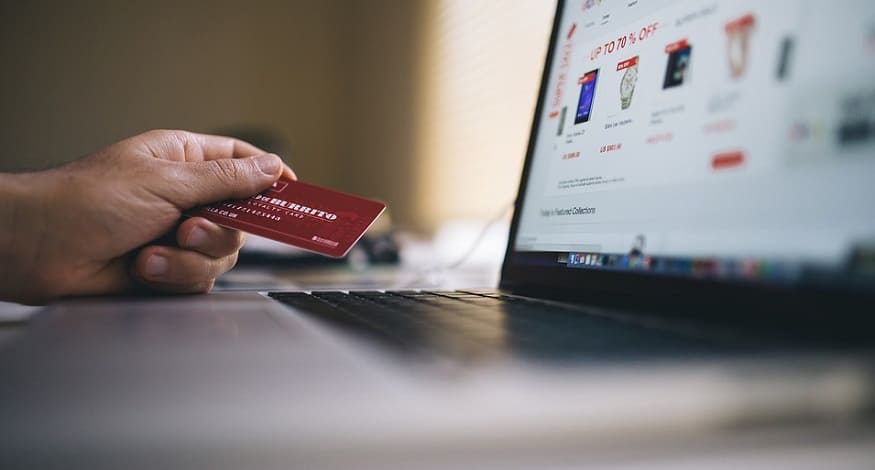If you’re an avid eCommerce user, who prefers to buy online than going to physical stores, then chances that you’ve encountered banners asking about your data, cookies and more, are pretty high. Did you know that, when browsing a site, you’re completely entitled to keep your personal data for yourself? If you’re tired of receiving marketing emails for which you didn’t sign up, or you don’t want to be targeted with paid social ads anymore, these are some tips for your data safety, when buying online.
Number 1: Only Shop On HTTPS Sites!
If you’re using Chrome, you’ll be easily able to find out whether if a shopping site is safe or not: on the left side of the site’s URL, you’ll find a lock icon, which means that the site is using an SSL certificate, effectively keeping your data safe. This, of course, includes your credit or debit card info, your big data, and your preferences on the site. Many people land on pages from all over the internet (Instagram ads, Facebook ads etc.), and very few are paying attention to this extremely important matter in terms of personal security.
Number 2: When Buying Internationally, Use A VPN
Sometimes, sites which are trustworthy go through migration processes and, therefore, they won’t display their SSL certificate. This doesn’t mean that the site’s not safe anymore but simply means that there’s a small chance for your data to be breached. It may seem like something which doesn’t happen often but this very scenario was seen last year on sites like ASOS and Bohooman. When this happens, you may want to consider using a VPN. A VPN is effectively a shield which adds an (almost) unbreachable layer for your data. Getting a VPN could also be useful if you’re looking to browse multimedia content from another country (Netflix, in particular) by setting up your IP in the country you want to “virtually” be.
Number 3: Only Accept Cookies After You’ve Read The Disclaimer
Since May 2018, at least in Europe, it’s mandatory to tell every user who lands on a webpage whether if his/her data (big data, data points, personal data and preferences) is being gathered and processed. Cookies are the most basic way to gather such data, as they are used in (basically) every modern website. If you’re concerned about how your data is going to be used by website owners, it’s in your rights to deny their access to such resource(s). Some app developers also said how over 80% of mobile users don’t even check a website’s cookie policy.
To Conclude
These are 3 simple, actionable steps for being safe online, which may be useful next time you decide to buy something and you’re not totally sure on whether the site is safe enough.
 About the Author: Paul Matthews is a Manchester-based business and tech writer who writes in order to better inform business owners on how to run a successful business. You can usually find him at the local library or browsing Forbes’ latest pieces.
About the Author: Paul Matthews is a Manchester-based business and tech writer who writes in order to better inform business owners on how to run a successful business. You can usually find him at the local library or browsing Forbes’ latest pieces.

